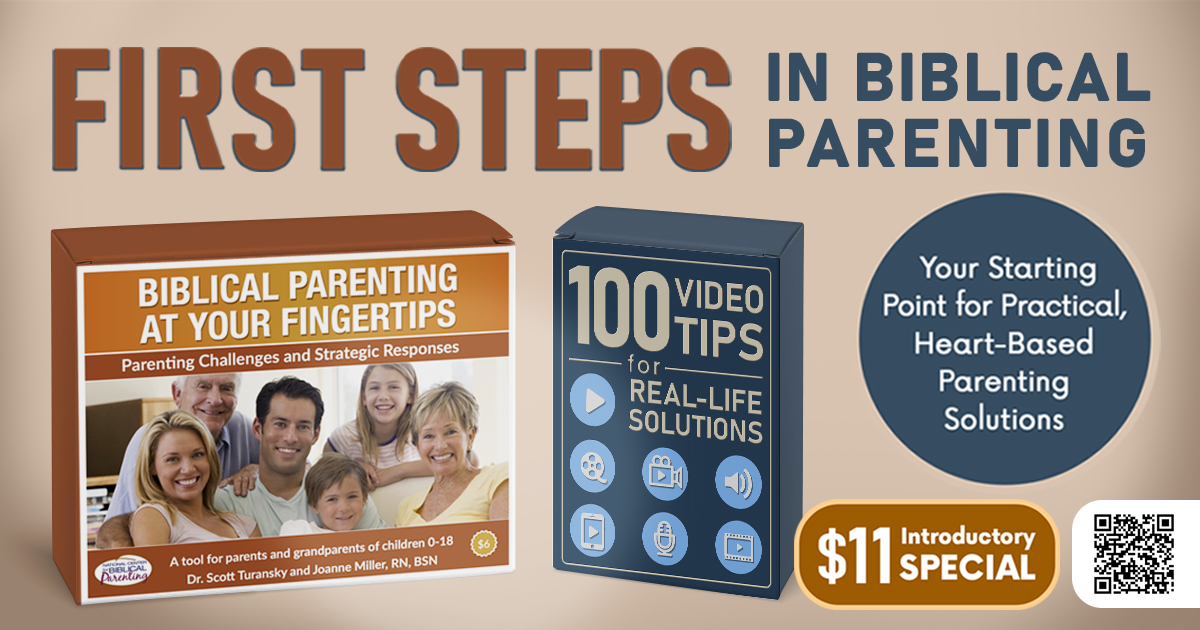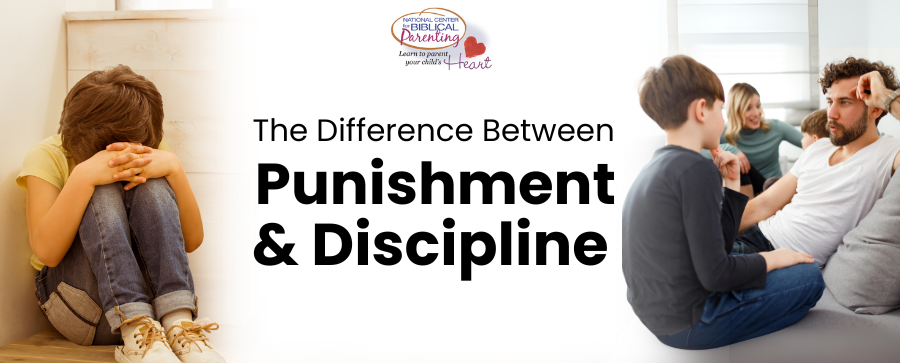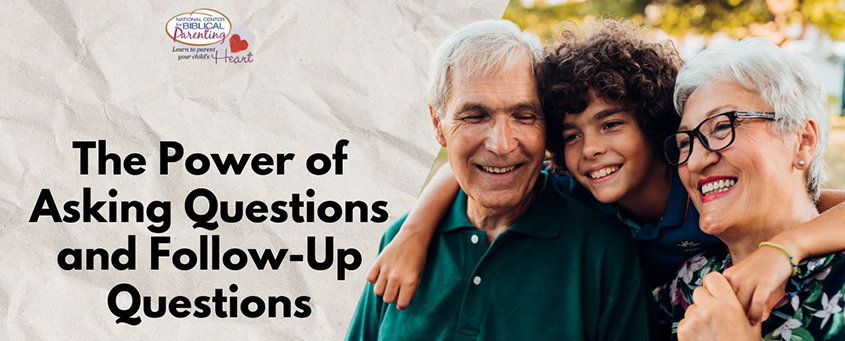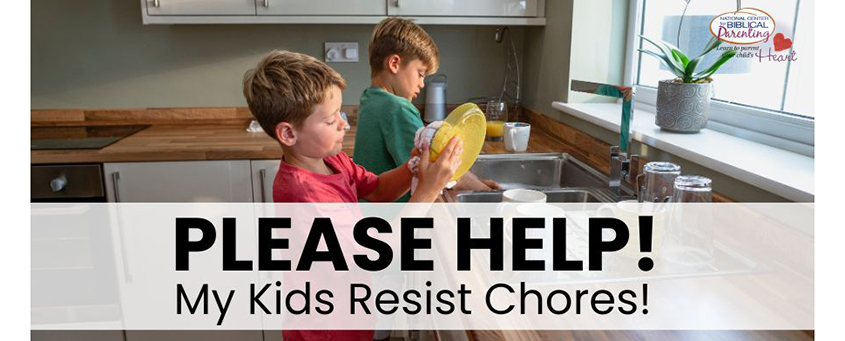Don’t Take the Bait

We’ve all been there. Your child is angry, throwing accusations or lashing out, and before you know it, you’re caught in the whirlwind of emotions. But in these moments, one crucial principle can save you a lot of heartache: don’t take the bait.
Watch this short video of Dr. Scott Turansky teaching about this valuable idea.
Children, particularly when upset, often try to pull us into their emotional chaos. They may say hurtful things like “I hate you!” or “Dad wouldn’t do it that way,” trying to provoke a response. When we take the bait and engage, the situation escalates. But there’s a better way to handle these moments—one that brings peace and keeps the problem where it belongs: with your child.
Keep the Problem the Child’s Problem
Dr. Scott Turansky teaches that when children are angry, it’s easy for parents to take on that anger as if it’s their own. While children’s anger can stem from their own internal struggles, parents often feel the need to respond immediately, especially when the child’s anger is directed at them.
However, just because your child is upset doesn’t mean you need to jump into the emotional boxing ring. As hard as it is not to respond to hurtful comments or angry accusations, keeping your calm helps maintain peace. When you stay level-headed, you leave the responsibility for the emotion and problem with your child, where it belongs.
Proverbs 15:1 says, “A gentle answer turns away wrath, but a harsh word stirs up anger.” By choosing calm, you avoid escalating the situation, and you give your child the opportunity to handle their emotions without adding fuel to the fire.
How Children “Bait” Us into Drama
It’s not uncommon for kids to make dramatic statements to provoke their parents. “I hate you!” or “You’re the worst mom ever!” may sound familiar. These words sting, and it’s easy to take them personally. But often, children use such tactics because they don’t want to handle their own emotions alone. In some ways, they’re sending out an invitation to their “anger party,” hoping you’ll RSVP and join in the drama.
When you take the bait, the situation escalates into a shouting match, and instead of resolving the issue, both you and your child become more frustrated. But by refusing to engage in the drama, you allow the heat of the moment to pass and create space for real solutions later.
Practical Tip: Create a Calm Response Plan
When your child lashes out, instead of reacting emotionally, set a boundary. “I can’t talk to you while you’re yelling. When you calm down, we can discuss this.”
As parents, we sometimes feel like we need to justify ourselves or explain every decision to our kids, especially when they’re upset. However, when emotions are running high, that’s not the best time for explanations. Proverbs 29:11 reminds us, “Fools give full vent to their rage, but the wise bring calm in the end.”
Instead of trying to “win” in the moment, focus on modeling calmness and self-control. By refusing to join in the emotional drama, you show your child what it looks like to handle difficult feelings maturely.
The Biblical Principle of Restoration
When your child is upset, it’s easy to become angry yourself. But God calls us to be peacemakers. When you resist the temptation to join in the conflict, you help restore peace in your home. Your calm presence can actually lead your child out of their emotional storm.
Reflect and Learn from Past Mistakes
When you find yourself caught in a back-and-forth argument with your child, ask yourself these questions:
- What bait did my child use to draw me into the argument?
- How did I react, and what went wrong?
- What can I do next time to avoid getting sucked into the drama?
By reflecting on these questions, you can learn to recognize the patterns that lead to conflict and develop a strategy for handling them better in the future. Your goal is to guide your child through their anger, not get lost in it yourself.
Parenting is never easy, especially when emotions run high. But the next time your child is angry and trying to pull you into their emotional boxing ring, remember: don’t take the bait. Instead, stay calm, keep the problem where it belongs—with your child—and lovingly guide them toward a resolution when emotions have settled.
The peace you model in these moments will not only benefit you but will also teach your child valuable lessons in handling their own emotions. And in doing so, you fulfill the calling to parent with wisdom, patience, and love.
Dr. Turansky has created a low-cost, high-value product to introduce you to Biblical Parenting. 100 four-minute videos and a Biblical Parenting Cheat Sheet for just $11. Learn more here.











Leave a Reply
Want to join the discussion?Feel free to contribute!